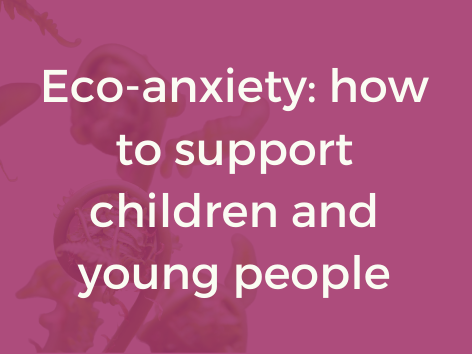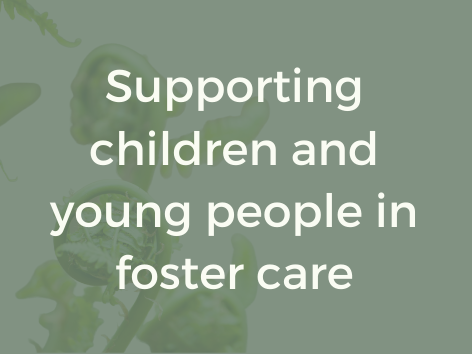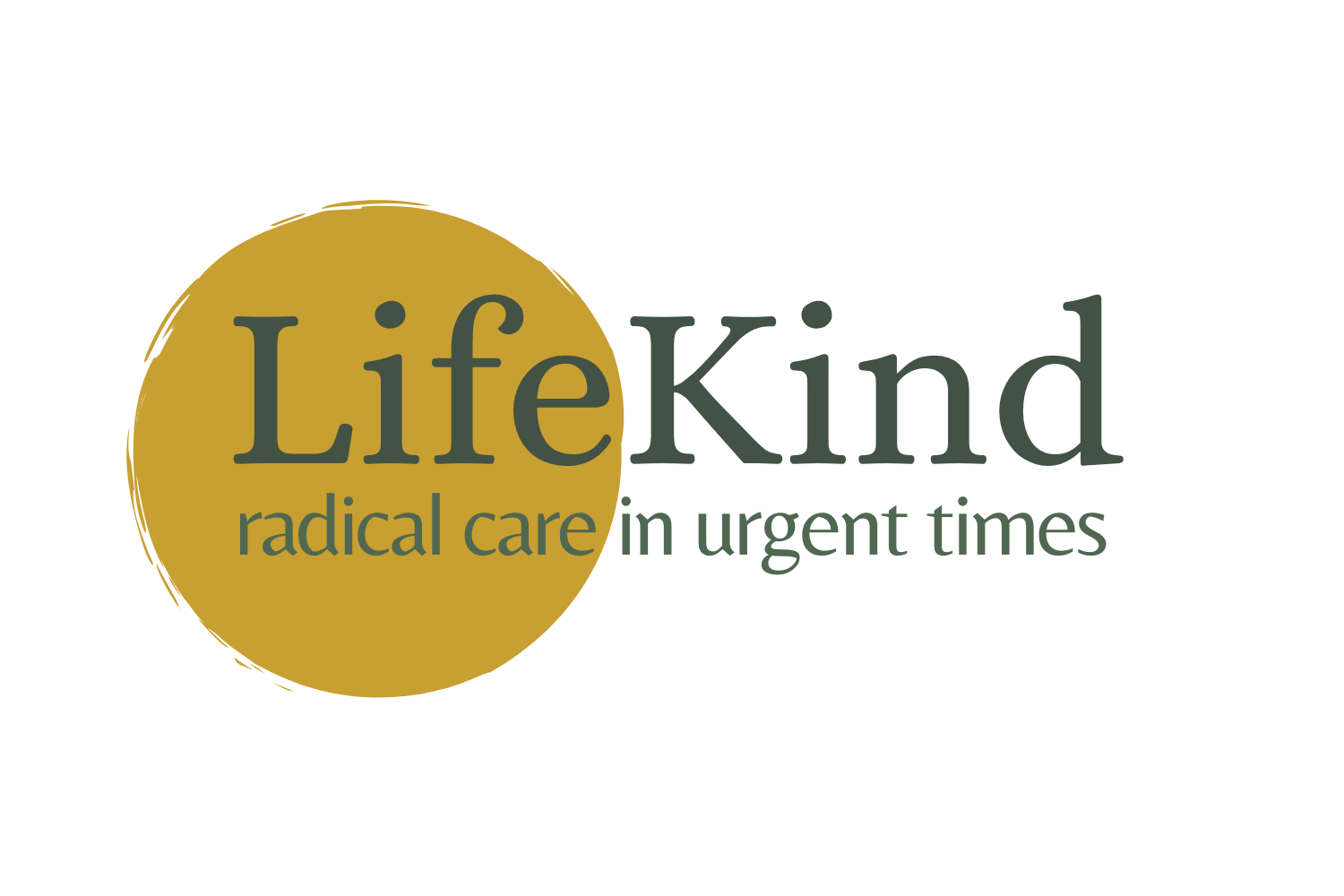Talks and Trainings
About our courses.
All courses include both theory and experiential activities as well as opportunities for participants to reflect on their own experience and learn powerful and practical tools to build resilience.
We share current scientific research in down to earth language and are skilled in meeting learners exactly where they are, building skills, understanding and confidence to provide resilient services and care for they people they serve.
Our work is informed by current neurobiological research on attachment, trauma, recovery and resilience. It is integrated within a context of compassionate mindfulness, deep relational care and social and global context.

Advanced skills and knowledge for those working with children and young people
We offer a core of four current training courses for your team or organisation that we feel meet the urgent needs of our times.
These can be structured into a 4-6 week course with wrap around support or taken as standalone workshops.
Supporting young people through the pandemic and beyond
Powerful communication skills for resilient relationships
Understanding and managing secondary trauma
Supporting young people in challenging times
Built on a solid theory base of attachment, child development, trauma, stress, recovery and resilience. Underpinned by current neurobiology research and delivered with down to earth warmth and empathy.
Here are some examples of all previously available courses. All are designed to be flexible to the needs of your organisation.
Please contact us to discuss your training ideas.
-

It’s not just about recycling and planting trees. Schools are facing the challenge of supporting and educating their students in the face of a very uncertain and frightening future. This course is about how to take a whole school approach to meet the educational and emotional needs of staff and students while taking practical action to build resilience in the whole school community.
-

Children and young people are living with huge questions and fears. Often they feel alone with them and need adults to tell them the truth. How do we know what to say and how to say it on the huge and challenging subject of climate change? This course offers a framework for conversations that is takes care of the emotional needs as well as the need for knowledge of both child and parent.
-

Anxiety about the impact of climate change is affecting more and more children and young people. This course explores what ecoanxiety is, what it looks like in your child, and offers a six step framework for adults who are stepping up to the challenge of standing alongside their children in the face of an uncertain and frightening present and future.
-

Understand the nature of resilience, what we as humans need to survive and thrive and the essential skills for building connection in a disconnected world. This course offers information, support and practical tools to help you get a handle on what is going on and what is needed to grow strength and flexibility within your family, team or organisation.
-

It is hard to begin to understand the impact that the global pandemic has had on all of us. Social isolation, fear and uncertainty has left communities, schools and organisations reeling. This course offers insights and practical strategies to support recovery, cohesion, and to grow resilience for the future.
-

Current research shows that trauma is an invisible pandemic. It affects our families, schools and communities. When we understand how trauma is caused and how it impacts us we can find effective ways to respond. This course is offered bespoke for any team or community wanting to learn and adopt a practical and empowering trauma informed approach.
-

Working with children and adults who are traumatised has an impact that often goes unacknowledged. Trauma is catching and it affects whole networks. Research has shown that it is an occupational hazard to experience the painful symptoms of trauma in the caring professions. This course gives you the theory and practices to understand and respond to secondary trauma in order to boost health and resilience.
-

Life is very challenging for looked after young people and the adults who care for them. Early trauma and a world that doesn’t understand makes it hard to meet their needs. This course for foster carers, social workers and educators offers up to date attachment and trauma informed theory and practice to provide the best chance for thriving for everyone in the system.
-

Responding to challenging behaviour is usually the top training need identified by people who work with children and with traumatised adults. The strategies and techniques that we are used to simply don’t work in the long term. Based on well established research about the roots and reasons for behaviour, this course offers an attachment aware and trauma informed approach. Practical and effective, this will transform your confidence and skill in responding to a wide range of behaviour.
-

When someone dies life turns upside down for those most closely involved. This course gets into the nitty gritty of how to offer support that is sensitive and skilled. We include current theories of grief, talking about death and practical communication tools to offer robust interventions for bereaved families. This course is for anyone who works with children and would like to feel more confident in meeting their support needs around a bereavement.
-

Children in care have been through numerous and unimaginable losses. Of course this has an impact on their ability to feel safe in a placement, school or adoptive family. There is a strong need for informed support from adults who feel confident in understanding and responding to loss and bereavement. This course is underpinned by bereavement and neurobiology theory and offers practical robust knowledge and skills.
-

This course is for the financial or business sector. Confident communication skills are needed when dealing with the next of kin of a customer who has died. It can be difficult to know what language to use and how to talk with someone about a death. The way a business deals with a bereaved customer makes a huge difference to staff wellbeing and their customer service reputation as well as significantly easing the grief journey of the customer. This course builds both confidence and competence in team members.
-

Everything goes more smoothly when people know how to talk to each other. This course offers strong, effective tools and practical skills for communicating confidently with clients, family members, colleagues and others. Learn how to navigate difficult and sensitive conversations and deal with conflict. This course can be adapted for any situation where good, solid communication skills and practice are needed.
-

We are born with billions of brain cells and a strong evolved knowledge of what we need to grow strong and resilient. Baby brains are miraculous and also vulnerable in a culture that has largely forgotten how to care for babies and their parents. Neurobiology research has shown us exactly how vital the first few years are to lifelong healthy functioning. This course is for expectant or new parents and also for any professionals working with them. It offers information and practical strategies for building the foundations of a healthy life.
-

Huge upheaval happens to the brain at adolescence. These changes have evolved to support human evolution but are badly misunderstood in our culture now. Adults who live and work with teenagers need some good information and support to help us guide our growing children through a time of huge opportunity and potential. Drawing on current research from attachment and neurobiology, this course offers information and reflection with down to earth ideas and practical strategies to make adolescence a positive time for teens, their families and communities.





